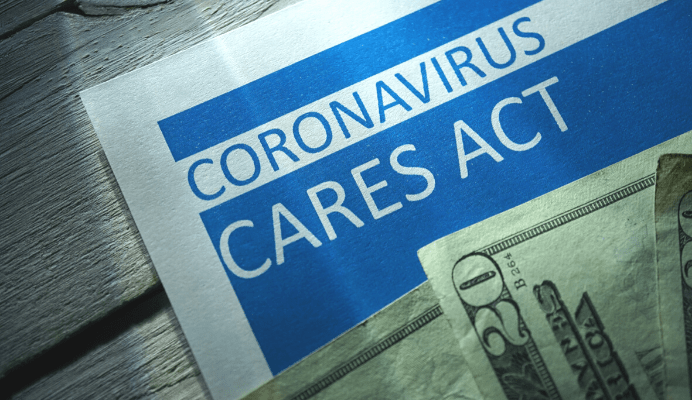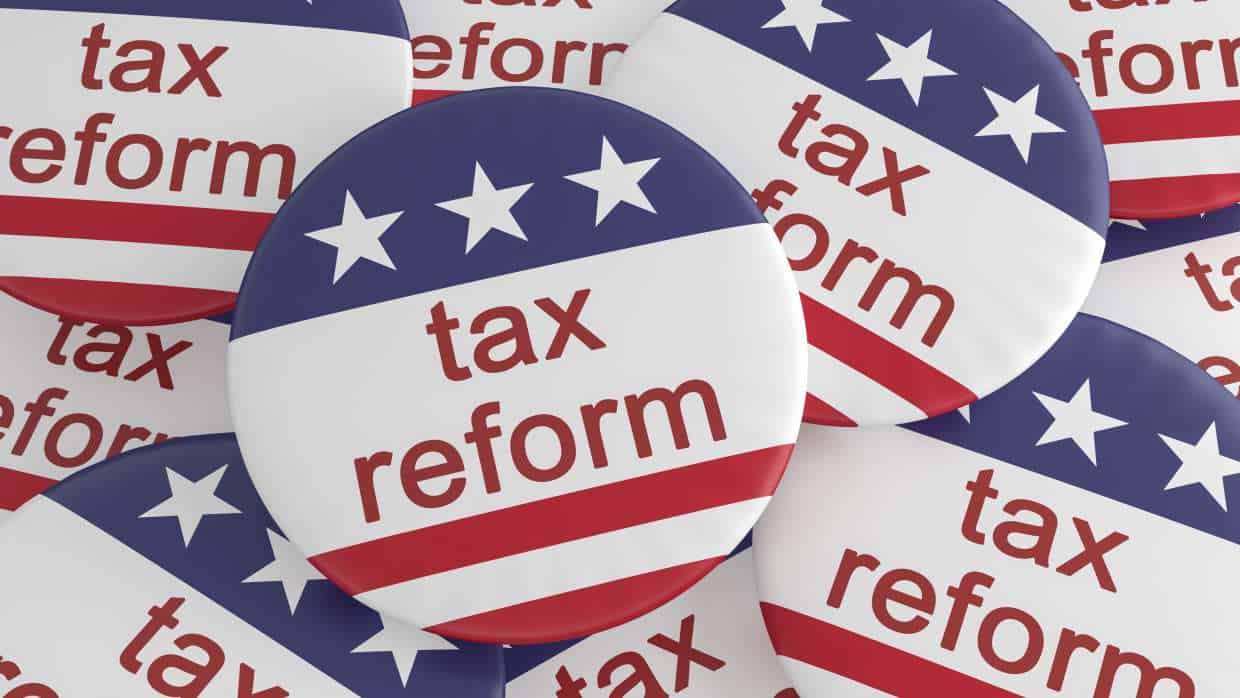Virginia Tax Credits – Opportunities to Save While Supporting America’s Students
By Sarah Mouser, CFP®, CTS™, CES™

Many of our clients who are philanthropically inclined ask us how they can positively impact the lives of young Virginians seeking access to quality private school education. The Education Improvement Scholarships Tax Credit (EISTC) program, signed into law in 2012, provides funding for underprivileged and working-class students through the form of scholarships while giving donors who are Virginia residents attractive tax benefits.
How the program works:
The Education Improvement Scholarships Tax Credit (EISTC) offers taxpayers a 65 percent state tax credit on donations[1] to eligible scholarship foundations participating in the program. In addition to claiming a state tax credit, taxpayers can also claim these donations as charitable deductions on their federal taxes in the year the donation was made.[2]
Eligible scholarship foundations use at least 90 percent of each donation to provide scholarships to eligible students. The size of each scholarship is capped at the amount the state would have spent on the student’s public-school education through assistance programs.
With such a large tax credit, how does the State of Virginia benefit from these programs?
Even though the state is losing 65 cents on the dollar of donations through the program in the form of tax credits, they are also gaining back 90 cents on the dollar in state education expenses when scholarships are issued – resulting in a net savings to the state of Virginia.
Who is eligible for these scholarships?
In order to qualify for a scholarship, students must meet certain eligibility requirements and come from a household where family income is less than 300% of federal poverty guidelines (which is $73,800 for a family of four in 2017-18) or, in the case of a student with a disability, a family income of less than 400% of federal poverty guidelines.
How to get started:
First, taxpayers will need to visit the Virginia Department of Education webpage and download, complete, and submit a tax pre-authorization form.[3]
The minimum donation is as low as $500 per year with a maximum donation of $125,000 per year for an individual. There is no annual limit on donations for businesses.
EISTC donations to approved scholarship foundations can be made in the form of cash or marketable securities, which can provide investors with a valuable tax planning opportunity. After your donation is complete, the Virginia Department of Education will issue a tax credit certificate for tax reporting purposes.[4]
The easiest way to donate is to contact the scholarship foundation you wish to support and they will walk you through the process. The current list of approved foundations is also available on the Virginia Department of Education webpage.
Charitable giving is a vital component of financial planning for many individuals, and tax credits can be a great way to stretch charitable contribution dollars. They help to reduce your overall state tax liability while supporting a cause that directly impacts state-sponsored programs. For more information on Virginia Tax Credits, please contact your tax professional or your financial advisor.
[1] Credit is non-transferable and may not exceed the tax liability. Credits may be carried over for five succeeding years.
[2] Subject to rules governing deductibility of charitable contributions.
[3] The total amount of eligible tax credits for the EISTC is currently capped at $25,000,000 per fiscal year. Tax credits are preauthorized to donors on a first come, first served basis.
[4] The donor has 180 calendar days from the date of the Approval Letter to make a qualified donation to an approved scholarship foundation. VDOE will approve the donation for a tax credit within 30 calendar days of receiving confirmation from the foundation.



